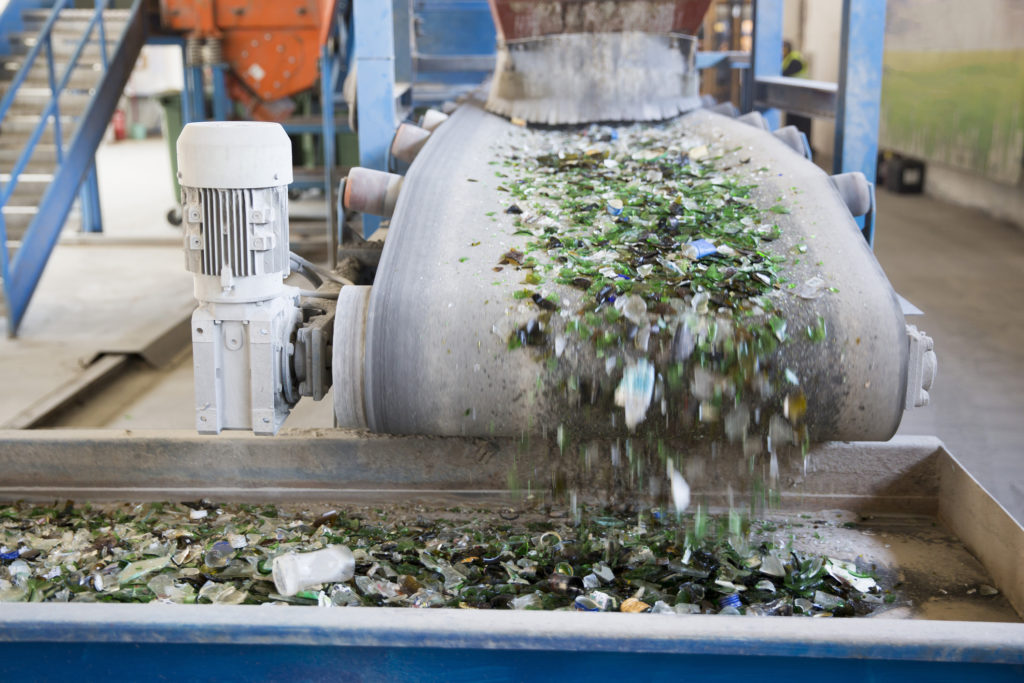
We’ve seen competing findings released recently on the anticipated capacity of the UK to deal with residual waste in the coming years.
In the red corner, Suez. In the blue corner, Eunomia. Both regularly release their research findings into the public sphere but in this case there are some significant differences.
Eunomia
Eunomia’s latest edition of their biannual Residual Waste Infrastructure Review indicates our domestic waste treatment capacity will exceed the amount of residual waste we have to process in 2020/2021.
This is in part due to the 2020 recycling targets and uptake of the circular economy approach we as a country are aiming for (e.g. the more we successfully recycle the less waste there is to process) but also due to a doubling of effective treatment capacity compared to 2009/2010 levels. Their research indicates that some countries such as Sweden, Denmark and the Netherlands already have more treatment capacity than residual waste.
Eunomia research was questioned by the Environmental Services Association (ESA) but backed by the UK Without Incineration Network (UKWIN) who pointed out Eunomia’s reports tended to be more independent than research commissioned by companies with a vested interest in incineration infrastructure investment. However, UKWIN may themselves have a slightly tinted view on this given their stance on incineration.
Suez
The Suez report (Mind the Gap 2017-2030) was due to be released in September however some data was released early as a result of Eunomia’s release of further figures to support it’s case in response to the ESA criticism.
Suez say that we face a ‘severe shortage of vital waste treatment infrastructure’ over the next decade which, due to a shortage of EfW incineration plants and the accelerated closure of current landfill sites, will create additional pressure on our existing EfW capacity.
Given we export more than 3 million tonnes of RDF to Europe every year (RDF import being an attractive proposition for those countries already experiencing a capacity gap), Suez comments that weak sterling, potential import tariffs and hard border difficulties arising from Brexit may result in waste exports becoming less and less financially viable. Without a drive for the creation of new EfW plants, they anticipate this will result in an increase in the amount of waste being sent to landfill.
Despite the hypotheticals, whatever the outcome, most people would be hard pressed to disagree with at least some of Suez’s recommendations to Government in their report:
- Admit there’s a capacity gap;
- Present a clear ambition for UK recycling and waste policy outside of the EU, backed up with hard policy measures;
- Recognise the contribution energy-from-waste makes to the UK’s energy mix and integrate it into spatial plans for energy delivery;
- Put sustainability targets in place for industrial and commercial waste, and implement a reliable data-collection system to measure performance; and
- Create and maintain a stable long-term policy framework.
With one of Eunomia’s key findings being the observation that there is a lack of clear, reliable data for commercial and industrial waste there is at least some common ground on which both sides agree.
Peter Cooper is a senior associate in our energy team and is head of our waste and recycling sub-sector. If you would like to find out more about energy from waste please do get in touch by telephone 01392 210700 or email energy@stephens-scown.co.uk .
Useful links
Eunomia: http://www.eunomia.co.uk/reports-tools/residual-waste-infrastructure-review-12th-issue/
Suez: (likely here on official release): http://www.sita.co.uk/downloads/
